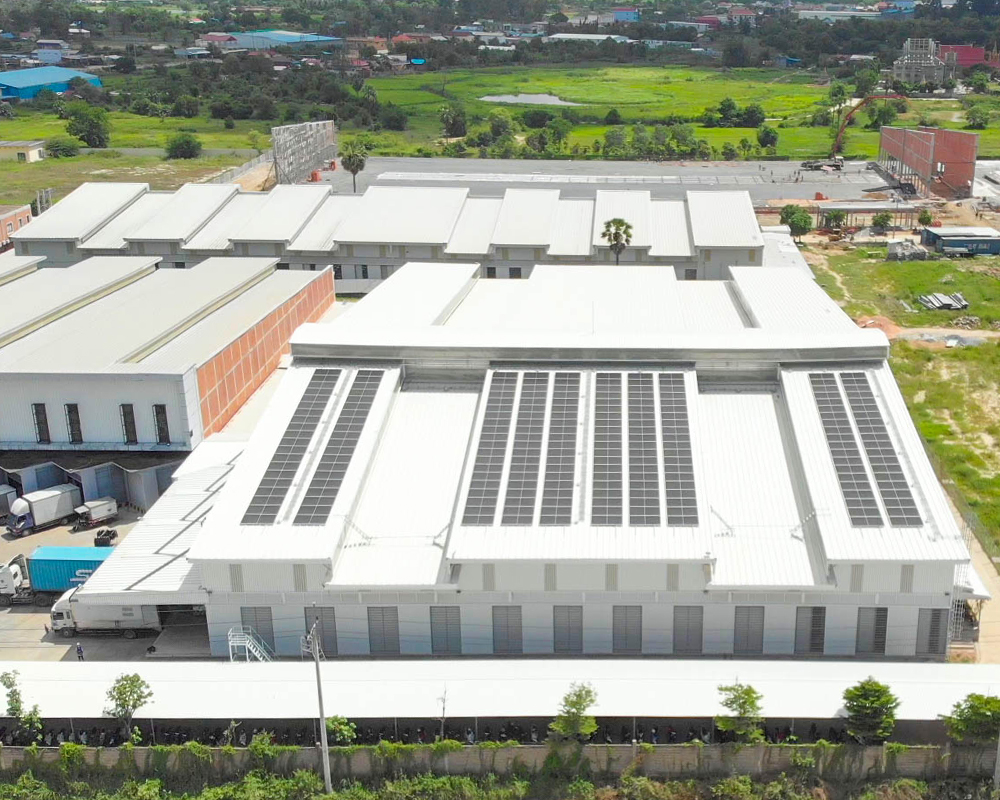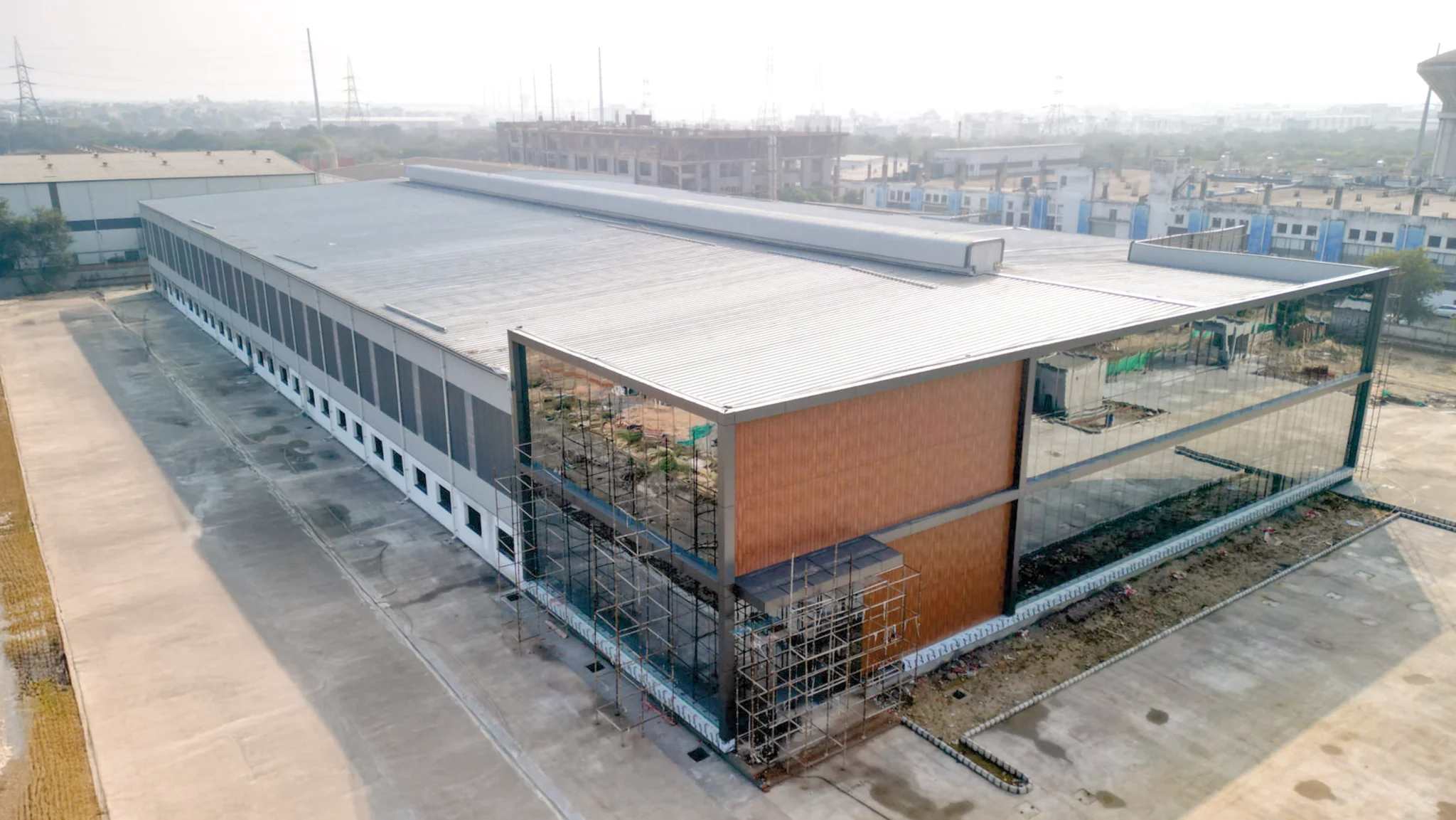
DBEs kept out of Brent Spence Bridge project, lawsuit says
[ad_1]
A Kentucky attorney has filed a false claims lawsuit against the contractors building the $3.6 billion Brent Spence Bridge Corridor project connecting Cincinnati and Northern Kentucky, alleging that they circumvented federal Disadvantaged Business Enterprise requirements, according to the complaint.
The lawsuit names two joint ventures between Chicago-based Walsh Construction and Westerville, Ohio-headquartered Kokosing Construction — referred to in the lawsuit as WKJV and WKJVII — as well as DEI consultancy WEB Ventures LLC and HR firm Make It Plain Consulting, both of Cincinnati.
The builders tapped Jamir Davis, a civil rights attorney at Covington, Kentucky-based J. Davis Law Firm, for his expertise in federal DBE compliance when applying for the Brent Spence Bridge contract, per the complaint. However, after using his qualifications and firm to win the job, Davis alleges that the JV cut him out of the project, neglected to pay him and circumvented DBE requirements.
Per the complaint, Walsh’s self-performing approach — a common industry practice that prime contractors engage in to have more control over a project’s timeline and budget — minimizes subcontracting. The project requirement that approximately 9% of the work be allocated to DBEs and overseen by a qualified, independent entity “significantly undercuts” the JV’s expected revenues, the suit alleges.
“To circumvent this requirement, WKJV and WEB orchestrated a scheme to reduce oversight and compliance with federal diversity standards, prioritizing their financial interests over legal obligations,” the suit reads. “Once Walsh and WEB had utilized JDLF’s qualifications and expertise, they conspired against JDLF by fabricating fraudulent qualifications for WEB’s project manager.”
Per the lawsuit, filed June 18 in the U.S. District Court for the Eastern District of Kentucky, Davis reported the situation and Ohio DOT substantiated his claims, which led to WEB being terminated from the project. Walsh Kokosing allegedly then hired Make It Plain Consulting to serve as the project’s diversity and inclusion manager, but it was also unqualified for the role.
Davis said the Ohio DOT ignored and enabled these actions by refusing to investigate or respond to open records requests, and allowed the JV to self-perform the oversight of the minority contracts, according to WLWT5, Cincinnati’s NBC affiliate. The agency does not comment on pending litigation, an Ohio DOT spokesperson said in an email.
“Walsh has a long history of engaging in practices that constitute DBE fraud, systematically circumventing DBE requirements and discriminating against minority-owned companies to maximize profits and maintain control over federally funded projects,” the complaint reads.
In 2023 Walsh agreed to pay nearly $1.1 million to resolve False Claims Act allegations that it had participated in a scheme designed to defraud the DBE program in connection with work on the federally funded Whittier Bridge/I-95 Improvement Project, according to the DOT Office of Inspector General.
Construction Dive reached out to Walsh Kokosing, WEB Ventures and Make It Plain Consulting for comment but did not hear back as of publication time.
The future of DBE in civil contracting is murky, however: In May the U.S. DOT agreed to settle a case challenging the constitutionality of its DBE program, effectively barring women- and minority-owned companies from automatic inclusion in the initiative.
New design unveiled
The same day Davis filed the suit, Ohio and Kentucky governors unveiled the final design for the project, according to the project website: A cable-stayed bi-level bridge. Instead of using a traditional steel truss to support the bridge’s lower deck, both decks will be supported by a cabling system with no steel work connecting them.
“As we went through the designs, we wanted this bridge to be cost effective, functional and safe, but we also wanted it to look good,” said Ohio Gov. Mike DeWine in a news release. “This bridge will become an iconic part of the Cincinnati skyline and a landmark gateway that honors our states’ excellence in engineering, transforms the daily commute, and keeps commerce moving.”
The design underwent extensive technical review and wind testing, per the release, but ultimately, cost, constructability and schedule were the deciding factors in the selection.
Dallas-based AECOM is the project’s lead designer. Jacobs, also headquartered in Dallas, is providing design and engineering services. The project team will now continue refining project and design details, per the release.
Multiple lawsuits
The recent false claims lawsuit is not the first time a player on the project has been sued.
In October 2024, four Cincinnati-area groups filed a federal lawsuit questioning the environmental impact of the project. That suit alleged that transportation officials didn’t sufficiently study the impact on surrounding communities — home to primarily non-White residents — and said the design doesn’t do enough to include alternative modes to car travel such as walking, biking and transit.
The current Brent Spence Bridge is an eight-lane, double-deck span carrying I-71 and I-75 as well as local traffic over the Ohio River between Cincinnati and Covington, Kentucky. The project entails building a 10-lane companion bridge and rehabilitating the existing one. The new bridge will carry I-71 and I-75 traffic, and local drivers will use the existing span, which will be reduced to six lanes.
The project has become something of a symbol of the federal Infrastructure Investment and Jobs Act. Former President Joe Biden visited in 2023 and called attention to its status as one of the country’s most congested freight routes and a weak link in the supply chain.
The companion bridge will be built in phases and is scheduled to be complete by 2032, per the project website. It’s not clear when the project will break ground, but the design-build team will continue to advance the project toward final engineering and construction phases, according to DeWine’s news release.
[ad_2]
Source link
Post a Comment
You must be logged in to post a comment.






